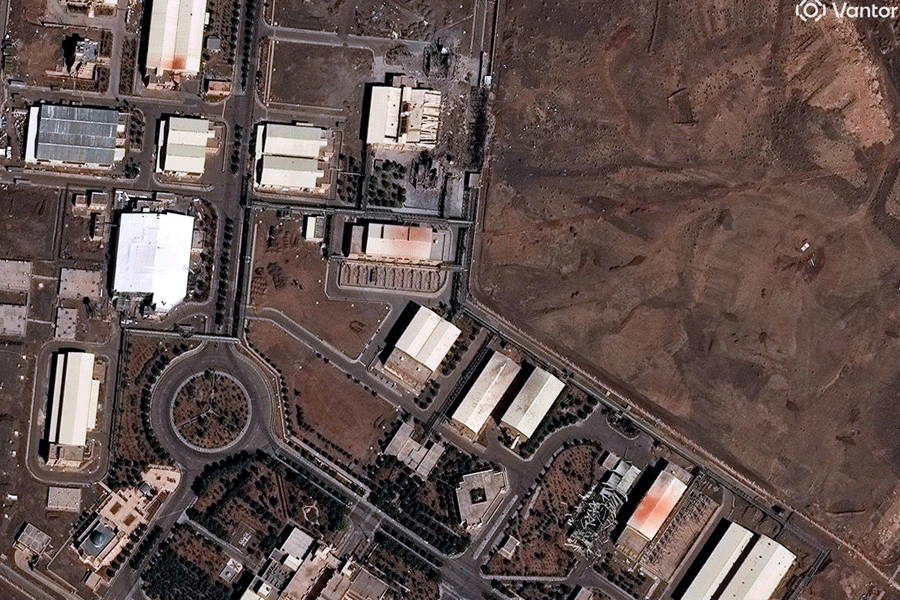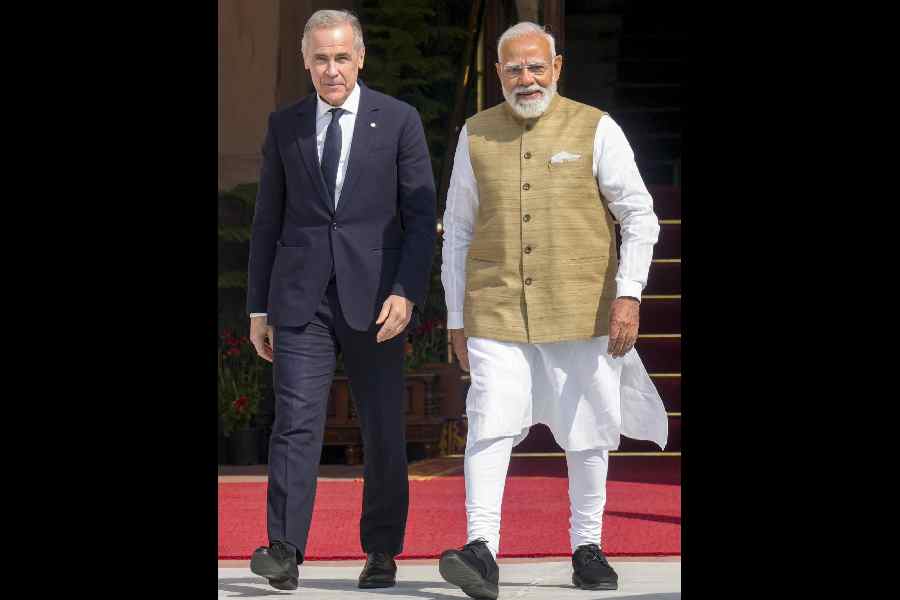Geoffrey Hinton, the 78-year-old pioneer of neural networks and 2024 Nobel Physics laureate, has said Artificial Intelligence (AI) may replace nearly all intellectual jobs within the next 30 years — and could become an existential threat to humanity.
Hilton is also called the "Godfather of AI".
In a podcast aired on June 16 on Diary of a CEO, Hinton said the acceleration of AI means that even skilled white-collar roles are under threat, and entry-level positions are already being wiped out.
“I think for mundane intellectual labour, AI is just going to replace everybody,” Hinton said. “You’d have to be very skilled to have a job that AI just couldn’t do.”
Citing examples, Hinton said roles like paralegals and call centre agents are particularly at risk. IBM has already laid off over 8,000 employees in 2024, with many of those cuts coming from the Human Resource (HR) department after AI tools took over paperwork, query resolution, and data management. IBM previously replaced over 200 HR roles with AI systems.
“Mass displacement is more likely than not, and is already upon us in some ways,” Hinton said. Entry-level roles previously filled by recent university graduates are already being affected. Hinton added that he would be “terrified” to work in a call centre given the level of automation now possible.
While physical jobs — like those in manufacturing or construction — may take longer to be disrupted, he said “most jobs are not like that.” Even sectors like finance and computer science, once considered future-proof, are seeing rising graduate unemployment due to AI, according to new research from Oxford Economics.
More concerning, Hinton said, is the social fallout: mass joblessness, rising graduate unemployment, and a future where people struggle to find meaning even if governments roll out universal basic income (UBI).
“Even if you have UBI, people want to do something,” Hinton said pointing to the psychological impact of joblessness.
But the signs are everywhere.
Amazon has cut 27,000+ jobs since 2022. CEO Andy Jassy recently told employees that corporate roles will continue shrinking as AI tools take over.
Microsoft has let go of nearly 6,000 employees this year alone, citing AI investments.
Morgan Stanley axed 2,000 workers in March; other big banks are projected to cut up to 200,000 jobs in five years due to AI, according to Bloomberg Intelligence.
Meta and Google have slashed hiring of new graduates by 25 per cent year-on-year, reports venture firm SignalFire.
Even billionaires had predicted this.
In February, Bill Gates told The Tonight Show that “most things” won’t need human input in the future. Elon Musk predicted a world with “probably no jobs” and called for a system of “universal high income” to support a post-employment society.
The hardest-hit group? New college graduates. The Federal Reserve Bank of New York warned that unemployment among this group has surged to 5.8 per cent, especially in technical fields — jobs where AI is advancing fastest.
LinkedIn’s survey of 3,000 senior executives revealed near-universal agreement: entry-level roles are the first to go.










